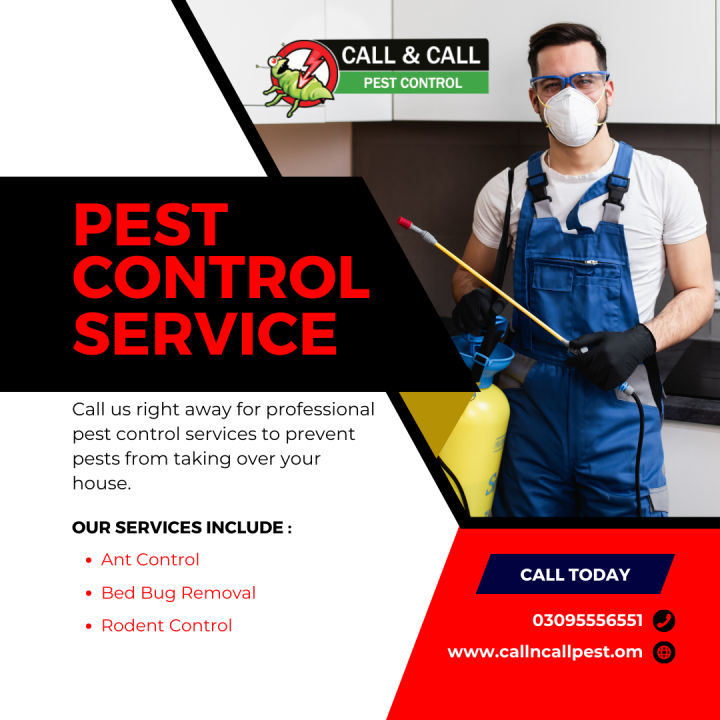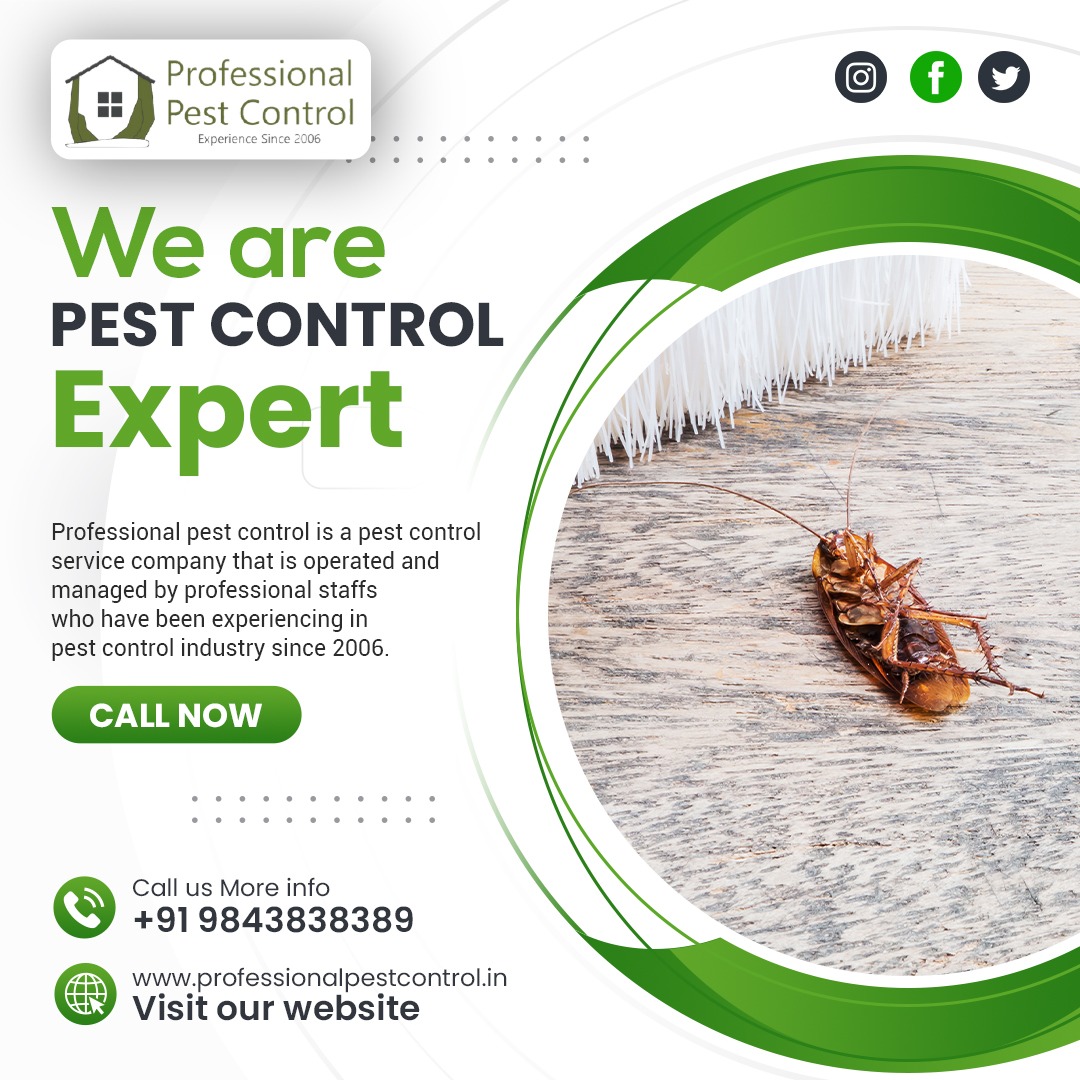Pest Control Clovis Done Right: Professional and Reliable
Pest Control Clovis Done Right: Professional and Reliable
Blog Article
Comprehending the Numerous Methods to Parasite Control: A Comprehensive Overview

Natural Pest Control Methods
Utilizing eco-friendly methods such as companion planting and biological pest control is essential for properly managing pests in farming setups. Companion growing involves growing different crops in proximity to hinder pests, enhance nutrient uptake, and enhance general crop wellness.
Organic bug control includes presenting all-natural predators or virus to regulate pest populations. Ladybugs, for circumstances, feed upon aphids, controlling their numbers without the demand for chemical pesticides. An additional example is the use of Bacillus thuringiensis (Bt), a bacterium that targets details insect bugs while being harmless to humans, animals, and beneficial insects.
These environment-friendly approaches not only reduce the reliance on artificial chemicals yet also help protect biodiversity and soil health. By including natural bug control strategies right into farming practices, farmers can attain lasting bug management while reducing negative effect on the setting.

Chemical Parasite Control Solutions
In enhancement to natural insect control approaches, the utilization of chemical bug control solutions plays a significant function in efficiently handling pest populaces in agricultural environments. Chemical bug control options are developed to target details parasites that may create comprehensive damage to plants. These options commonly contain synthetic chemicals that are developed to get rid of parasites quickly and effectively.
One of the key advantages of chemical pest control solutions is their efficiency in controlling parasite invasions widespread. Farmers can use these services making use of various methods such as spraying, fumigation, or seed treatment to secure their plants from hazardous pests, weeds, and conditions. Additionally, chemical insect control remedies are relatively very easy to apply and can offer rapid outcomes, assisting farmers secure their yields and reduce economic losses.
Nevertheless, it is necessary to make use of chemical bug control solutions judiciously to minimize potential negative impacts on the atmosphere, non-target microorganisms, and human wellness. Proper application techniques, adherence to security guidelines, and normal monitoring are critical to make certain the liable use chemical bug control remedies in agricultural practices.
Organic Bug Control Approaches
Biological pest control comes close to utilize all-natural killers or pathogens to take care of bug populations in agricultural settings effectively. One typical organic control approach is the intro of natural adversaries, such as ladybugs or parasitical wasps, to target certain bugs.
One more organic control method entails utilizing microorganisms like viruses, fungis, or bacteria to infect and eliminate bugs. These microbial representatives can be splashed on crops or presented into the dirt to combat different bugs without hurting helpful insects or other wild animals. Additionally, using scents to disrupt the breeding patterns of bugs is another effective biological control approach. By conflicting with their reproduction, this technique helps to minimize bug populaces without the demand for chemical intervention. Overall, organic pest control techniques use a lasting and targeted solution to pest management in farming.
Integrated Bug Administration (IPM)
Integrated Pest Monitoring (IPM) is a comprehensive method that integrates various pest control strategies to properly handle and lessen pest populaces in farming systems. IPM concentrates on long-term prevention of bugs via a mix of biological, social, physical, and chemical control techniques. By incorporating these various techniques, IPM visit this page intends to decrease reliance on chemical pesticides, reduce ecological influence, and advertise lasting pest monitoring techniques.
One trick element of IPM is making use of biological controls such as all-natural killers, parasites, and pathogens to control bug populations. This approach takes advantage of the power of nature to preserve an equilibrium in between insects and their all-natural opponents without creating injury to the atmosphere.
Furthermore, IPM entails social practices like plant habitat, cleanliness, and rotation manipulation to develop unfavorable conditions for parasites and disrupt their life process. Physical controls such as obstacles, composts, and catches are likewise used to avoid insect invasions.
Physical and mechanical Parasite Control Techniques
Making use of non-chemical methods, such as mechanical and physical parasite control techniques, is an essential facet of comprehensive parasite monitoring methods, developing upon the foundation of Integrated Bug Management's holistic strategy. Mechanical pest control involves using physical barriers or traps to prevent bugs from accessing and harming crops or structures. This technique can consist of methods like mounting displays on home windows, utilizing row covers in farming, or using sticky traps to capture insects.
Physical pest control methods, on the other hand, focus on directly eliminating bugs through physical ways. Using warm therapies to get rid of bed insects or vacuuming up bugs like spiders or ants can be reliable means to take care of problems without the usage of chemicals. By including these physical and mechanical parasite control strategies into an Integrated Insect Management strategy, professionals and individuals can reduce dependence on chemicals while still successfully reducing and managing pest populaces damages.
Conclusion

In addition to all-natural insect control techniques, the use of chemical parasite control remedies plays a considerable duty in successfully handling pest populaces in farming environments.One of the vital benefits of chemical parasite control solutions is their this contact form effectiveness in managing parasite invasions on a large scale.Integrated Pest Management (IPM) is an try this out extensive method that combines numerous insect control approaches to successfully handle and minimize pest populations in agricultural systems.Making use of non-chemical methods, such as mechanical and physical pest control methods, is an important aspect of extensive parasite management approaches, developing upon the structure of Integrated Insect Management's holistic technique. By integrating these mechanical and physical parasite control strategies right into an Integrated Parasite Monitoring plan, professionals and individuals can reduce reliance on chemicals while still successfully minimizing and handling pest populations damages.
Report this page